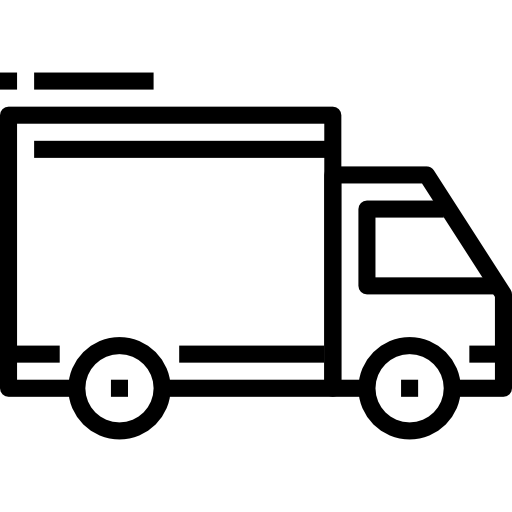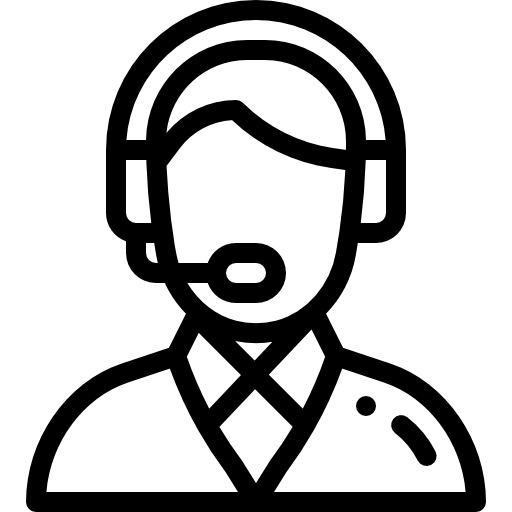
How Much Does a Horse Weigh?
of reading - words
Generally speaking, it is quite difficult to make generalizations when talking about the weight of a horse. Indeed, it all depends on the breed of horse. You will understand that a Mini Shetland will not be worth a purebred Arabian or even a powerful cold-blooded horse of the Ardennes type. However, it is important that you know how much your horse weighs, both for its food ration and for equestrian activities.
Why is it important to know my horse's weight?
Horse breeds are not the same, although there is an average size. You will need to be fully aware of your family's pedigree if you run a horse farm, especially if you participate in horse racing. Even if your equines are recreational horses, you will need to know their weight to ensure their health and endurance as well as to know the food rations that you must give them. Indeed, it is from the calculation of the weight of a horse that you will calculate the quantity of food that you will give it.
Knowing the weight of your horses, mares and foals is also necessary if you need to administer medication to them. Dewormers, for example, should be dosed with caution at the risk of poisoning your equines. As a good caretaker that you are, the life of the horse is important to you, so you must do everything for the good of the residents of your ranch.
Some general information on the weight of horses
In terms of weight in the breeding register, horses and ponies are not equal. What is the average weight of an adult horse? Generally speaking, Lusitano sports and thoroughbred horses are more massive and muscular than a miniature horse. There are small horses similar to mules and larger horses. Even one breed of pony will differ from another based on its stud book.
On the other hand, a Landes pony can easily gain weight on pasture if it is well trained and if its food rations are sufficient. As for mares, they can easily lose weight during lactation.
Although there are generalities, you should know that everything depends on the type of horse. For example, racing horses are usually very thin while show jumping horses are more muscular. Pleasure horses and draft horses do not have the same endurance, the same fitness or the same needs as sport horses and a saddle horse will be much heavier than a young mare.
You can also estimate the weight of your horse using simulation tools.
Several kinds of horses from the same breed
A good horse breeder knows that a horse breed can present different sizes of horses. Standard formats do not exist within the same breed of horses, just like for human beings. Everyone is different. As a result, it is not uncommon for a horse to deviate from the average weight of its breed.
Next, you will notice that the stallions are much more massive than the mares. Aside from the breed, gender, size and age of a horse, its training condition and its daily life will also have a great influence on its weight fluctuations. A riding horse used to being used during riding lessons will be lighter than a sport horse used to horse racing on a racetrack.

The weight of a healthy foal
Whatever breed of horse, a healthy foal at birth will weigh 10% of its mother's weight. However, it is not uncommon for some foals to be born larger or smaller, as with humans. Generally speaking, the weight of the breeding sire will have no influence on the weight of a foal at birth. A foal of Pure Quarter Horse will weigh on average 65 kg at birth, as the mare that gives birth to it weighs 650 kilos.
Broodmares giving birth for the very first time often give birth to smaller foals. It is also preferable that a foal is not too massive at birth because this could be a sign that it is premature or that it has a health problem. If this occurs, contact the veterinarian immediately.
Calculation of food rations based on the weight of a horse
As seen above, knowing how much a horse weighs will serve as a basis for calculating its food ration. Here is the rule to follow: At least 1.5 kilos of fodder per 100 kilos of body weight. Then, as for more concentrated food supplements and foods, it will be better to seek advice from your veterinarian or to follow the manufacturers' instructions which are listed on the packaging. Above all, do not exceed the rations because an overweight horse will present more health problems than a poorly nourished horse.
If you realize so far that the food rations you were giving to your young horse did not correspond to him or that you were giving the same thing to all the breeds you have in your stable, know that it is not too late to do the right thing. Do not make any drastic changes to their diet as this could have a very detrimental effect on their health. Changes should be slow and gradual.
What to do if a horse is too thin or overweight?
In the case of a horse that is too thin, do not be afraid to quickly rebalance its hay ration according to what it should actually eat. He may not finish at first but his stomach will gradually adapt to his new diet. On the other hand, don’t stop training him and taking him for walks.
In the case of an overweight horse, it's a different story. Indeed, if your horse is too fat, you will have to use the average ideal weight of the horse's breed in order to use it as a basis for calculating its daily food ration. Make sure that your gradual diet is done little by little and gently. If you previously gave him 10 kg of fodder when he should only eat 7, don't change overnight. Start by giving him 9 kg, then 8 and combine his diet with adequate training which will melt away his excess kilos.









